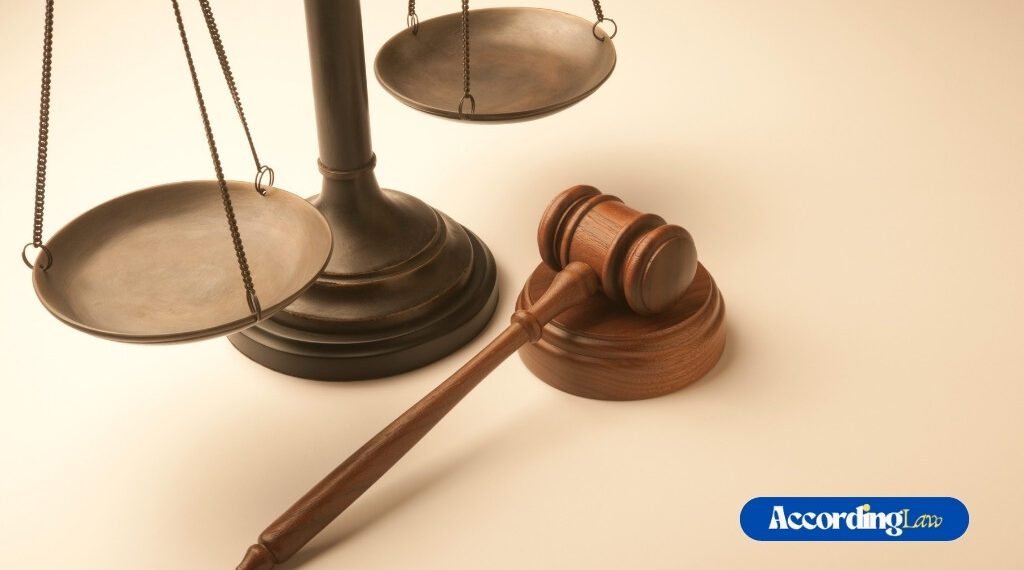Being charged with a crime feels like the ground just disappeared under your feet. Your future suddenly seems uncertain. You’re facing a complex system that most people only see on TV shows, and the reality is far less entertaining.
The criminal justice system wasn’t designed to be user-friendly, it’s complicated, intimidating, and can feel like it’s working against you from the start.
How it actually works might not fix everything, but it can definitely reduce some of the fear and help you make better decisions.
Table of Contents
What Happens After You’re Charged
The moment you’re charged, the clock starts ticking. First comes the arraignment, your first court appearance. The judge reads the charges, asks if you understand them, and wants to know how you plead. This happens fast, sometimes in just minutes.
Next, bail gets decided. The judge looks at your criminal history, the seriousness of your charges, and whether you’re likely to show up for court. Sometimes you’ll be released on your “own recognizance” (just your promise to return). Other times, bail might be thousands of dollars or even denied completely.
Don’t make big decisions at this stage. Many people plead guilty immediately just to “get it over with”, this is rarely the right move. The system counts on people feeling overwhelmed and making hasty decisions.
After the arraignment, prosecutors will review your case. They might decide to pursue all charges, reduce charges, or sometimes even dismiss them. This decision often depends on the evidence they have, how busy their office is, and sometimes on conversations with your attorney.
During this early phase, pay attention to any conditions of release. Missing court dates or violating release conditions can result in immediate arrest and make your situation much worse.
Your Constitutional Rights Explained
The system might feel stacked against you, but you have powerful rights:
These aren’t just formalities – they’re your shields. Many cases get dismissed because police or prosecutors violated these rights. Your criminal lawyer knows exactly how to spot these violations and use them to strengthen your defense.
How to Find a Criminal Defense Attorney
When interviewing potential attorneys, ask:
Many offer free consultations. Use this time to see if you feel comfortable with them. You’ll be sharing very personal information, so trust matters.
Be completely honest with your attorney; they can’t effectively defend you if surprised by information later. Not all lawyers handle criminal cases, and not all criminal defense lawyers have the same experience. You need someone who regularly handles your specific type of charge.
While private attorneys cost money, public defenders are often excellent lawyers who specialize in criminal defense and know the local courts extremely well. Don’t assume paying more guarantees better results.
Court Procedures That Matter Most
Criminal cases follow a predictable path, though timing varies by location:
Bail and Pre-Trial: What You Need to Know
Being free while fighting your case makes a huge difference. Your attorney can request a bail hearing to argue for lower bail or release conditions. Common conditions include:
Follow these conditions precisely. Violations can land you back in jail until your case finishes. This pre-trial period can also be used constructively, voluntarily entering treatment programs or performing community service might positively influence your case outcome.
Some jurisdictions have pre-trial diversion programs for first-time or low-level offenders. These programs typically involve counseling, education, community service, or treatment instead of traditional prosecution. Successful completion often results in dismissed charges.
Plea Deals vs. Going to Trial
About 90-95% of criminal cases end with plea bargains, not trials. Prosecutors offer reduced charges or lighter sentences in exchange for a guilty plea. This saves the system time and resources.
Is a plea deal right for you? Consider:
Your attorney should give honest advice about your chances, not just push for a quick resolution. A good defense lawyer will negotiate aggressively for the best possible plea offer while preparing for trial simultaneously.
The Legal Process Timeline
Criminal cases rarely move quickly. Expect:
Court dates get rescheduled. Evidence takes time to process. Both sides need time to prepare. The waiting creates anxiety, but sometimes delay benefits your case by allowing emotions to cool or evidence to weaken. Witnesses’ memories fade, their willingness to participate may decrease, or new evidence might emerge in your favor.
During this waiting period, stay in regular contact with your attorney and use the time constructively. Avoid discussing your case with anyone except your lawyer, and absolutely stay off social media regarding anything related to your situation.
How This Affects Your Future
Even after your case ends, consequences can follow. Criminal records can affect:
However, many jurisdictions offer ways to minimize these impacts through expungement, record sealing, or rehabilitation certificates. Ask your attorney about these options as part of your long-term strategy. Some charges can be expunged after a waiting period, allowing you to legally state you were never convicted.


